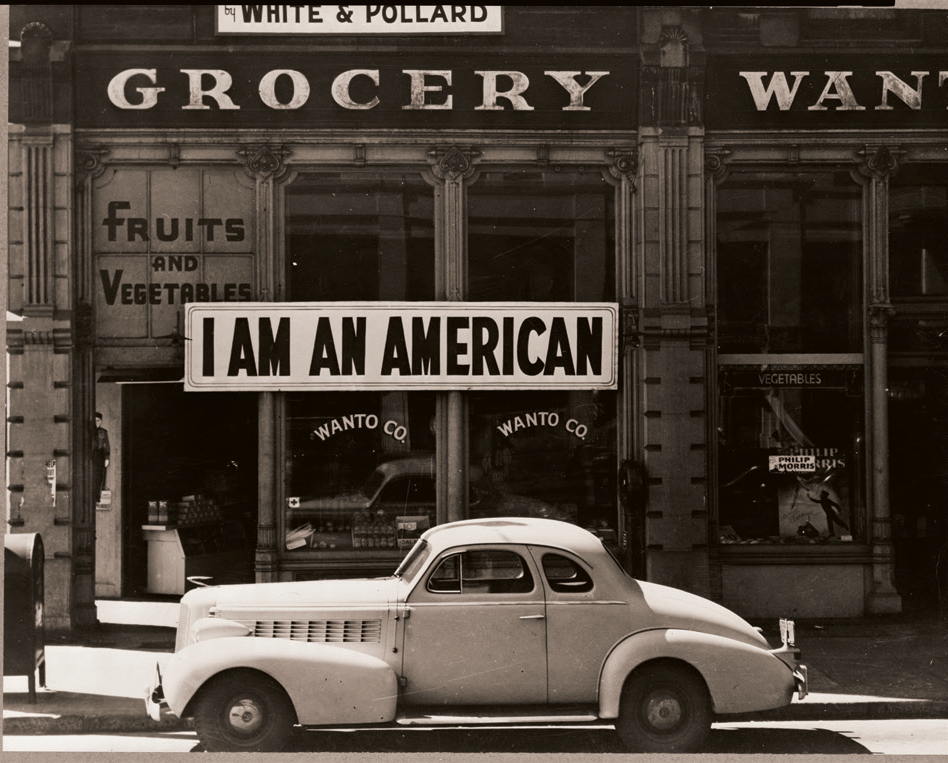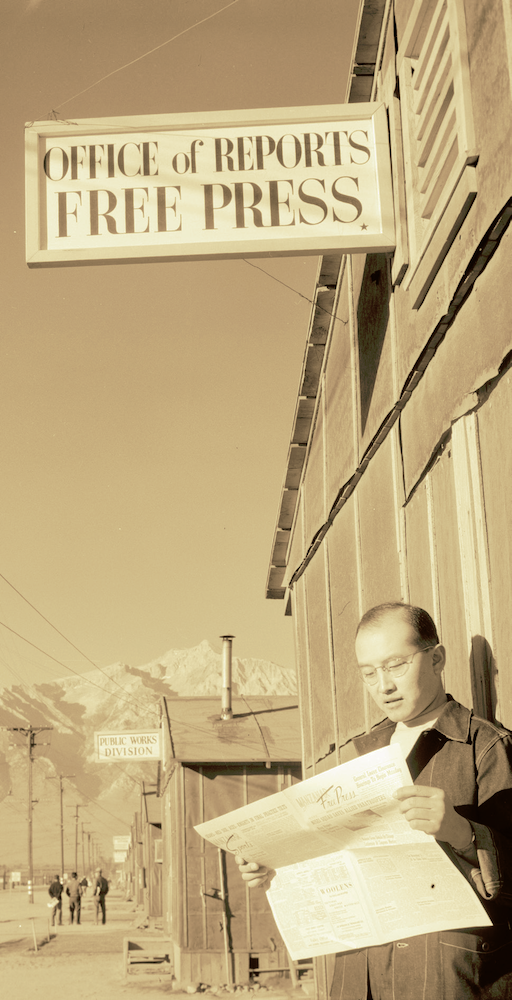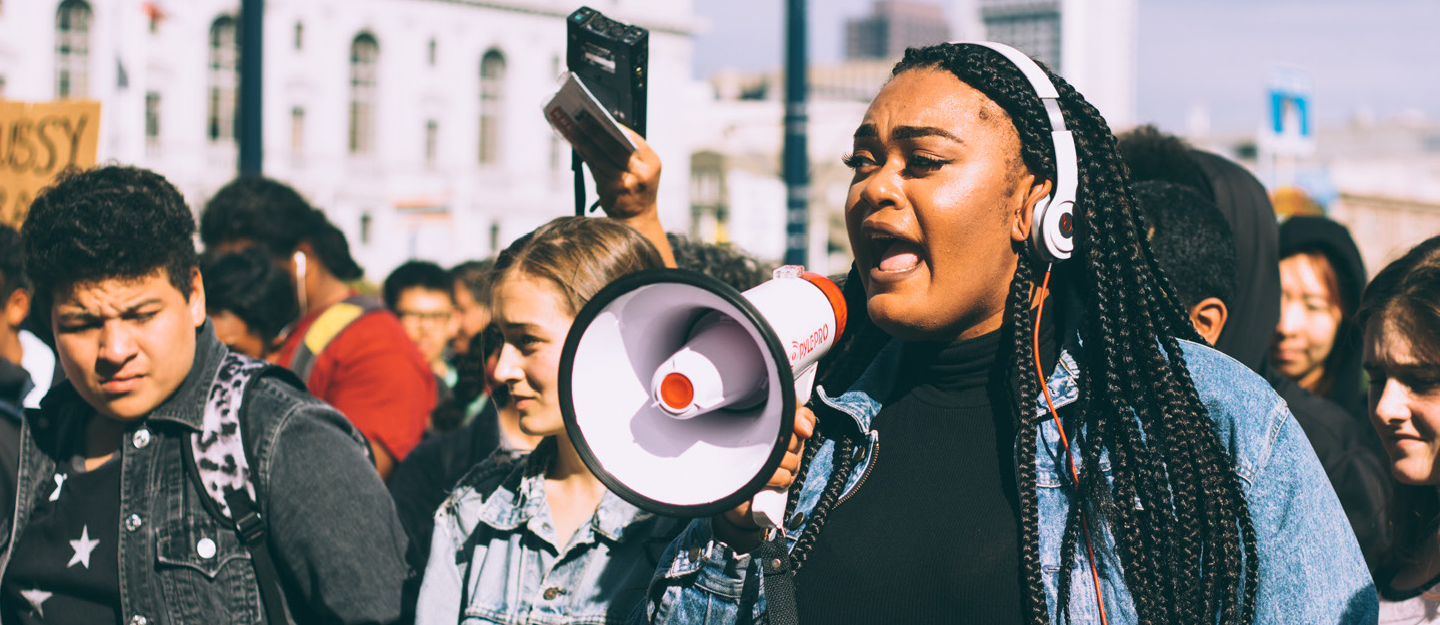After election, we must remain vigilant in exposing threats to free speech, educational opportunity and other San Francisco values
Education or deportation?
That’s one startling question we are grappling with as San Francisco becomes more of a political outlier in the aftermath of the 2016 elections. The imminent need for documenting this divergence makes our jobs as independent local journalists more important than ever.
Our cover story on bilingual education in this issue, which we started reporting this summer, has taken on new relevance. With immigrants — both legal and undocumented — increasingly demonized by our national leadership, the progress that San Francisco public schools have made in extending bilingual education to both newcomers and native-born could be rendered moot if Donald Trump follows through with his threats to deport masses of immigrants.
An estimated 2.3 million undocumented people live in California, with 44,000 residing in San Francisco.
By early December we could make an educated guess that the racism, xenophobia and fear that emerged during the presidential campaign would persist when Trump took over in Washington. These factors don’t just contrast with California’s more inclusive, progressive outlook. They starkly threaten to undermine it, as parents fear they will be racially profiled, targeted for immigration investigation and otherwise denigrated.
The city’s innovative multilingual immersion programs provide academic enrichment and cultural understanding for all students. If some parents worry that someday school enrollment records for bilingual programs could be used by federal authorities to target them for deportation, they might hesitate to take advantage of these programs. That could undercut the ability of local school boards to experiment with and fund bilingual education.
This is just one example of how local governments might endure attacks on immigrants, far beyond the conflict over whether communities may declare themselves “sanctuary cities” — that is, refuse to allow police to enforce federal immigration law.
This is by no means the only attack on San Francisco values. Trump has pledged to defund social services, gut environmental protection and privatize public education. He has said he will challenge civil rights protections championed by California voters, including religious liberties, gay marriage, affirmative action and due process. We may also have to reexamine our assumptions about federal benefits such as health care and Social Security, as well as the relative burdens of the rich and poor in taxation.
Since we started publishing seven years ago, the Public Press has had the luxury of examining many issues — housing, environment, health, labor, politics and education, among others — with only occasional references to federal policies. We used to assume that our local leaders were ultimately accountable for the well-being of the community. No longer.
The Public Press is committed to watchdogging the new administration from our local vantage. And we’re not alone in grappling with these challenges. The election has accelerated conversation in newsrooms around the country about the meaning of the philosophically fraught term “objectivity.” In the new political era, taking that word too literally clearly risks coming into conflict with other principles we hold dear: free speech, the rule of law, the public’s right to know and the democratic process itself.
Journalists are wringing their hands about how they might have enabled, or at least tolerated, the rise of an impulsive, would-be strongman in Washington. Trump has pledged to sue reporters who offend him, block access to government sources and public records, break up media companies that question his policies and crack down on protesters.
The Public Press has always abided by a nonpartisan, nonadvocacy stance — one we intend to maintain. But the changing tenor of national politics has encouraged us to examine our own biases. In our case, we proudly embrace a “pro-public” bias — one that elevates freedom of speech, accuracy, accountability, fairness and truth.
The press has a responsibility not only to tell the truth, however much it makes us uncomfortable, but also to facilitate conversation around solutions to common problems. In the year ahead, we will continue to question those in positions of power and give voice to the voiceless. Though the challenges may be great, and many people are likely to be hurt in the conflicts to come, the need for empowerment and engagement in politics and public life is perhaps greater than ever.
National and local policies are inextricably linked, and local journalism is all the more needed today — to expose problems and conflicts as they happen, document social and economic changes, and expand the range of perspectives considered by policy-makers.
But that will not be enough. The ascension of an anti-First Amendment administration sharpens the responsibility of the press to call out abuse of power and any hint of a drift toward autocracy. As local journalists, we must be vigilant in defending the public’s right to know — even when that requires open defiance of power structure.












